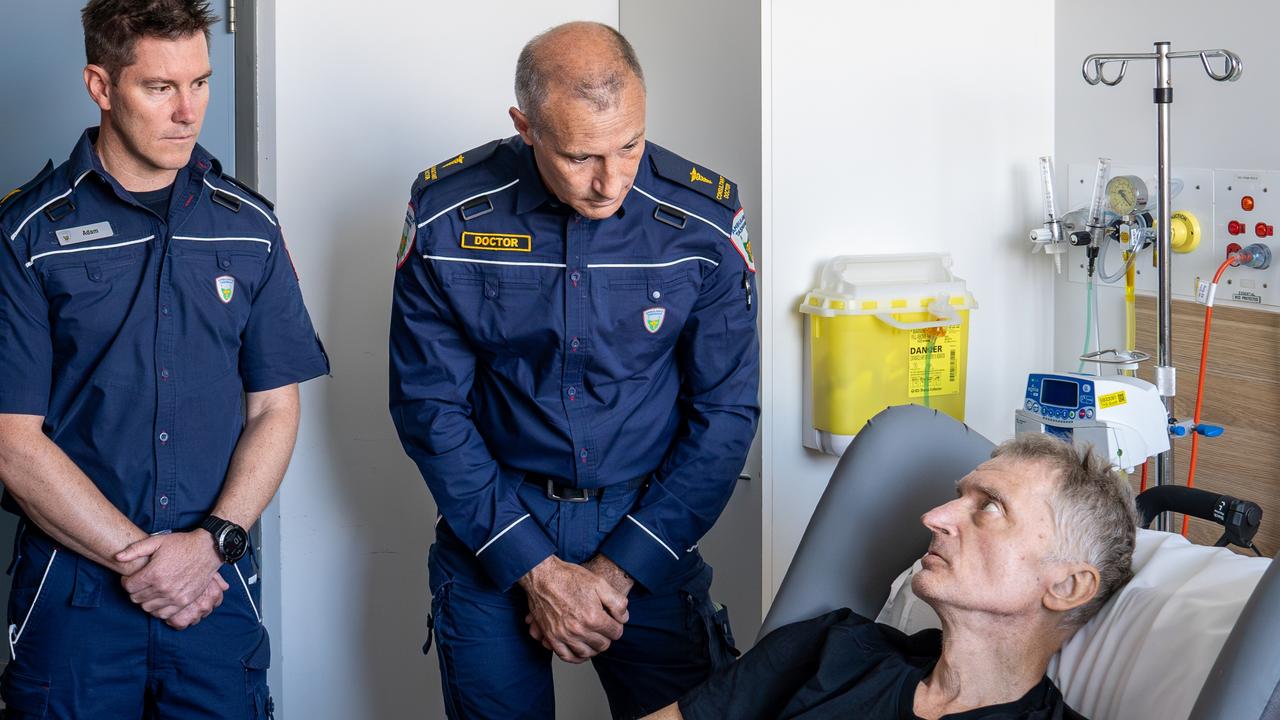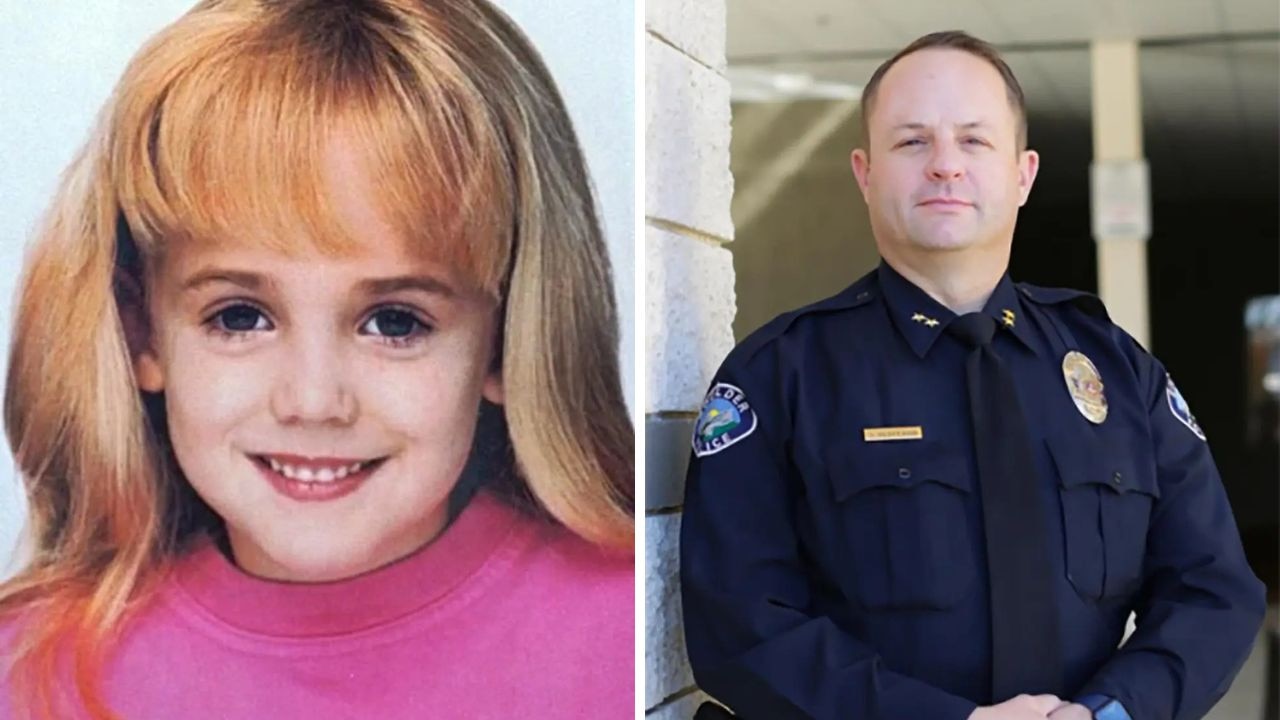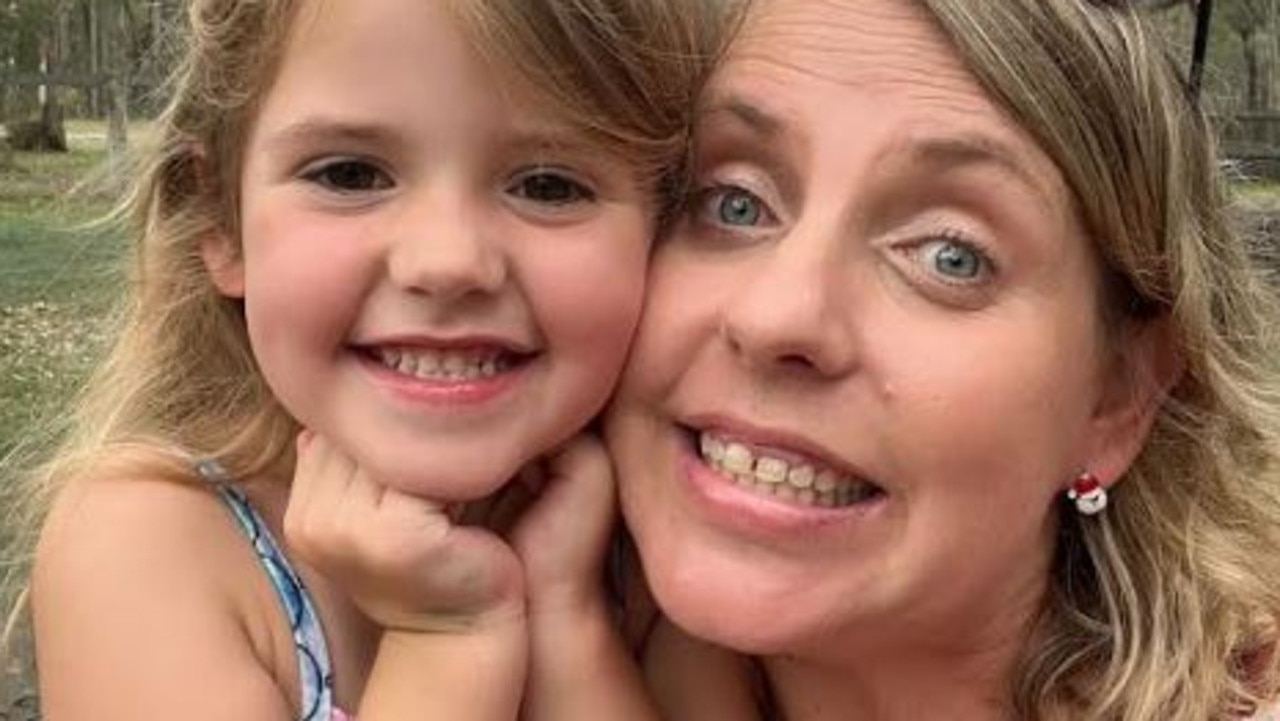Queensland teenager shares life with Prader-Willi syndrome
A Queensland mum has detailed the daily struggles her 17-year-old daughter deals with as she lives with a rare genetic condition.
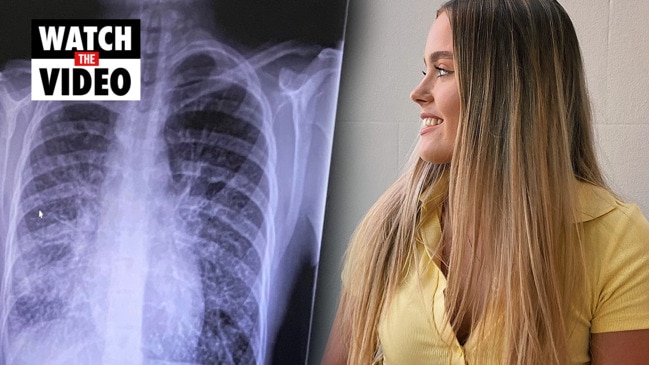
Queensland woman Susi was in her third trimester and enjoying a healthy pregnancy when a scan revealed something was very wrong.
Despite sailing through previous scans with flying colours, medical staff suddenly noticed the baby was clinically larger than she should have been.
Susi, who was living in Sydney at the time, saw a specialist who diagnosed hydrops fetalis – a build-up of fluid (eodema) which can be very serious.
“It was horrendous,” Susi told news.com.au, explaining she was carrying four times the amount of amniotic fluid she should have been.
“Throughout that pregnancy I constantly had little nosebleeds. As soon as the ultrasound doctor told me I needed to get to hospital, my nose just profusely started bleeding and I looked like I was about to explode,”
Susi says her daughter was rescued at 31 weeks via emergency C-section, otherwise Stephanie* woruld have died - yet even after the birth by no stretch of the imagination was she out of the woods.
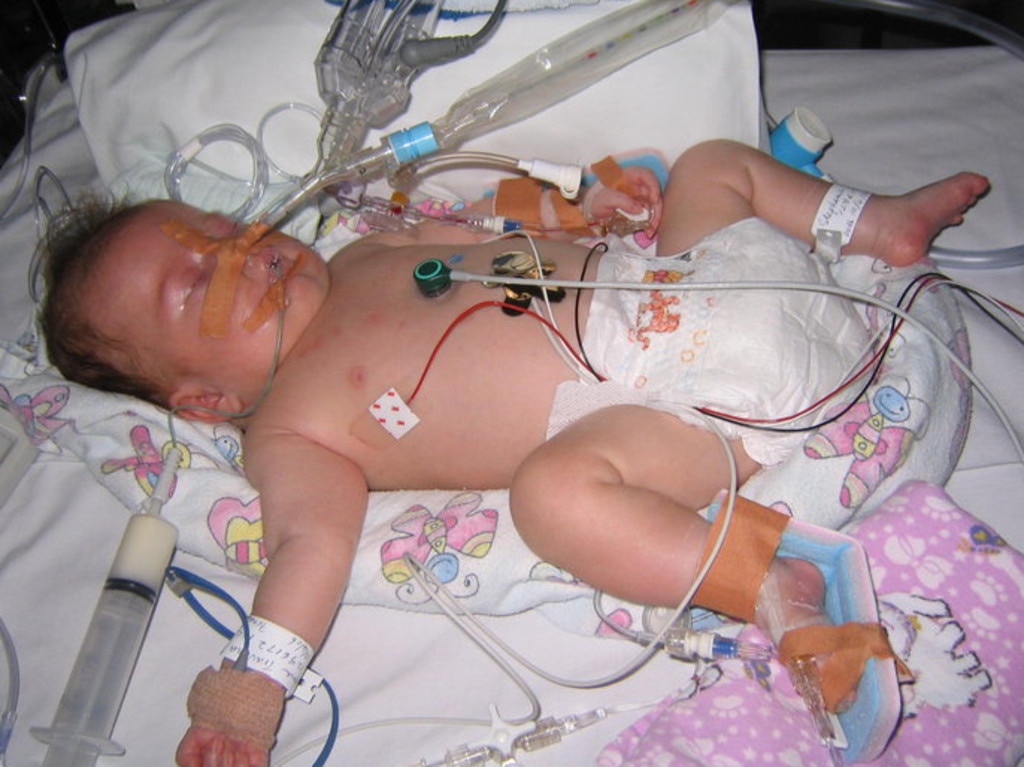
The excess fluid Stephanie was carrying was drained and she was intubated in the NICU.
The premature newborn then developed a lung infection, and was moved again into isolation within the high-intensity NICU ward.
Her life was threatened a third time when Stephanie developed pneumococcal pneumonia, and signs of sepsis began to show.
Stephanie was stabilised and transferred to Westmead Children’s Hospital where neonatologists told her daughter’s best option was palliative care.
Then, three months after she was born, Stephanie was diagnosed with Prader-Willi syndrome and was eventually allowed to come home.
“I was in a state of traumatic shock [after the diagnosis]. I was running a lot because I was running away from the pain and the agony,” Susi said.
Prader-Willi syndrome is a genetic disorder that affects one in every 15,000 births. It causes challenges such as insatiable appetite, behavioural irrational instability, emotional instability, skin picking and intellectual impairment.
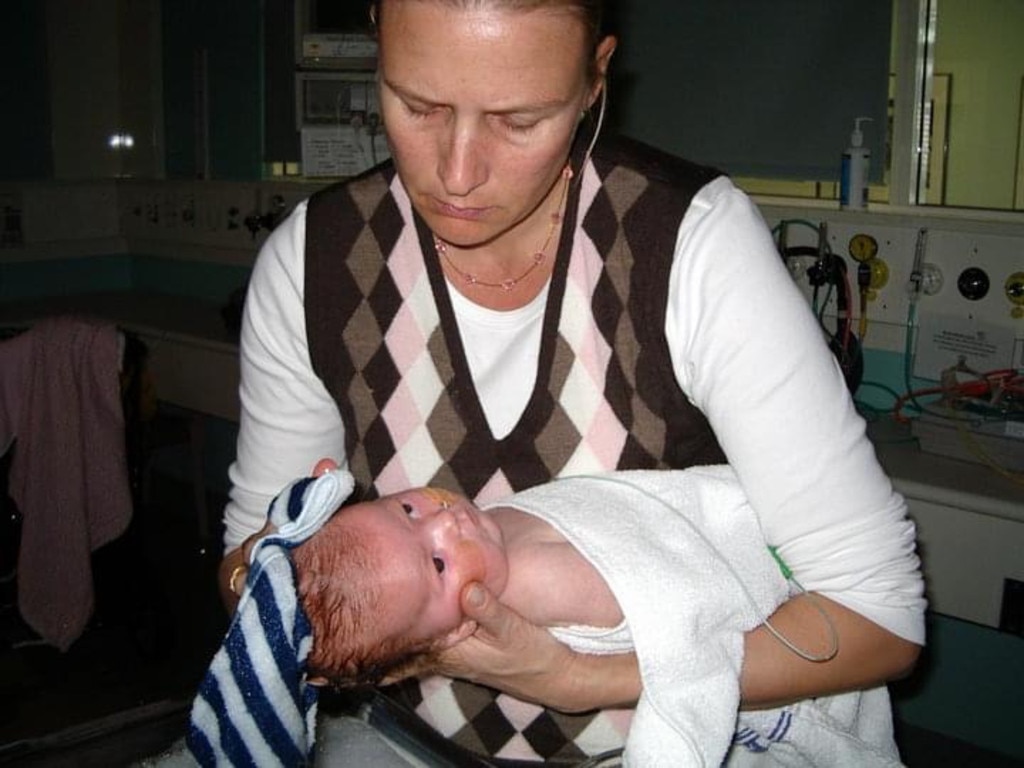
The hospital tried to connect her with a social worker and psychologists but Susi found they weren’t working for her.
It wasn’t until a psychiatrist gave her some tough love about the situation – reminding her that Stephanie needed her – that she saw the situation with clarity.
She knew she needed to fight for her daughter. And fight she did.
A wonderful life
Now 17, Stephanie spends two days a week doing her favourite thing in the world – working with horses. She makes up their feed, washes them and brushes their coats.
She particularly loves one horse named Rugsy, who Stephanie feeds carrots to as treats, and is learning to ride – both for the joy of it, and to help improve her core strength as she struggles with low muscle tone.
Susi hopes Stephanie will be able to find work in a cattery once she finishes school this year, as being surrounded by animals makes her so happy. She said her daughter loves animals partly because they aren’t judgmental.
Prader-Willi syndrome seeps into every aspect of Stephanie’s life.
“She can’t make decisions on her own,” mum Susi said. “She’s not safe on her own. She needs constant supervision. She can’t clean her teeth properly. She can’t wash her hair. And this is all because of her the physical impact of Prader-Willi with the low tone.”
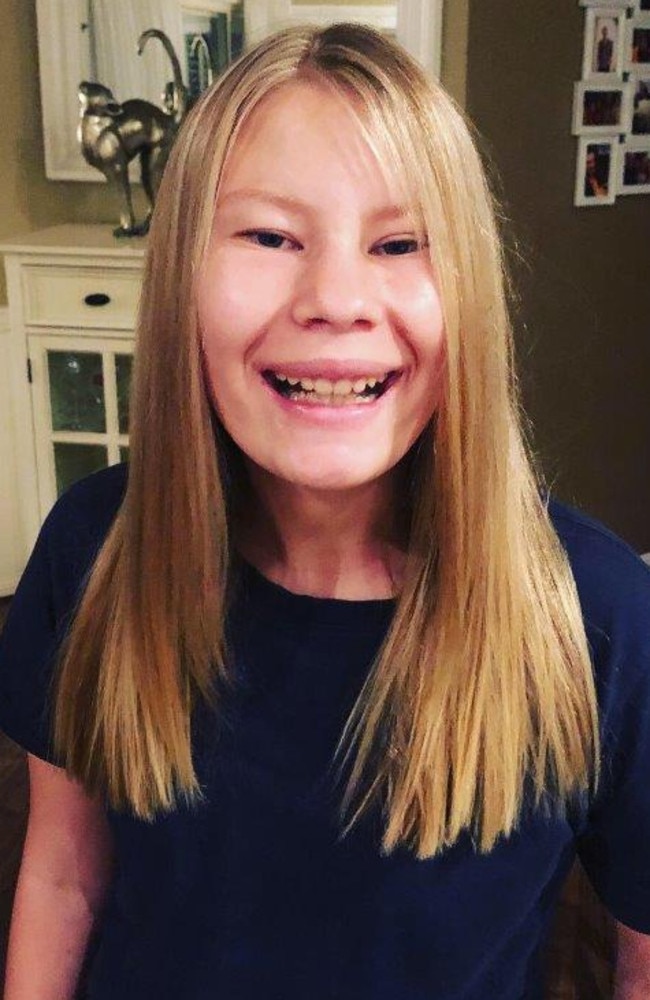
Challenges of life with PWS
Now, it is Stephanie’s love of animals that drives the teenager.
On top of working with the horses, she also loves her three Siamese cats, joking that one can be a little cheeky.
Stephanie also enjoys going to the beach with her bucket and shovel so she can dig for soldier crabs in the sand.
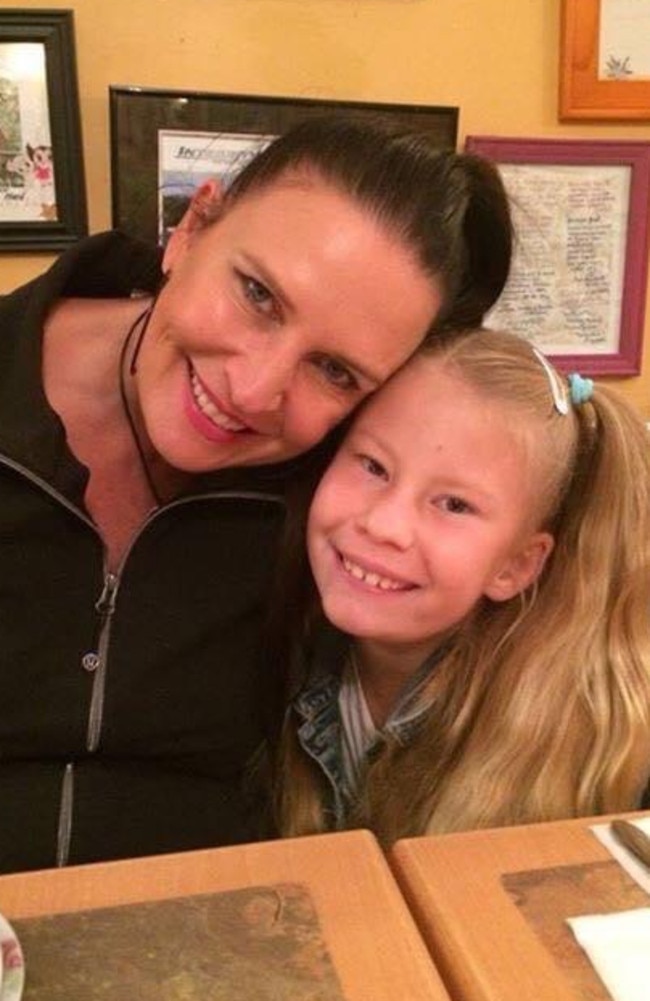
Stephanie also works chopping vegetables that are used in meals for Rosie’s, a charity that helps those doing it tough by providing things such as food.
Susi said that one of the key traits of Prader-Willis syndrome is an insatiable hunger, which can lead to food-seeking behaviours, rapid weight gain and serious and lifethreatening health conditions.
But, Stephanie doesn’t really have that trait with the family able to leave food unattended at home.
There are some possessive food tendencies when Stephanie is in group settings, however.
“Her challenges are more around the auto-processing side with the intellectual impairment,” Susi said.
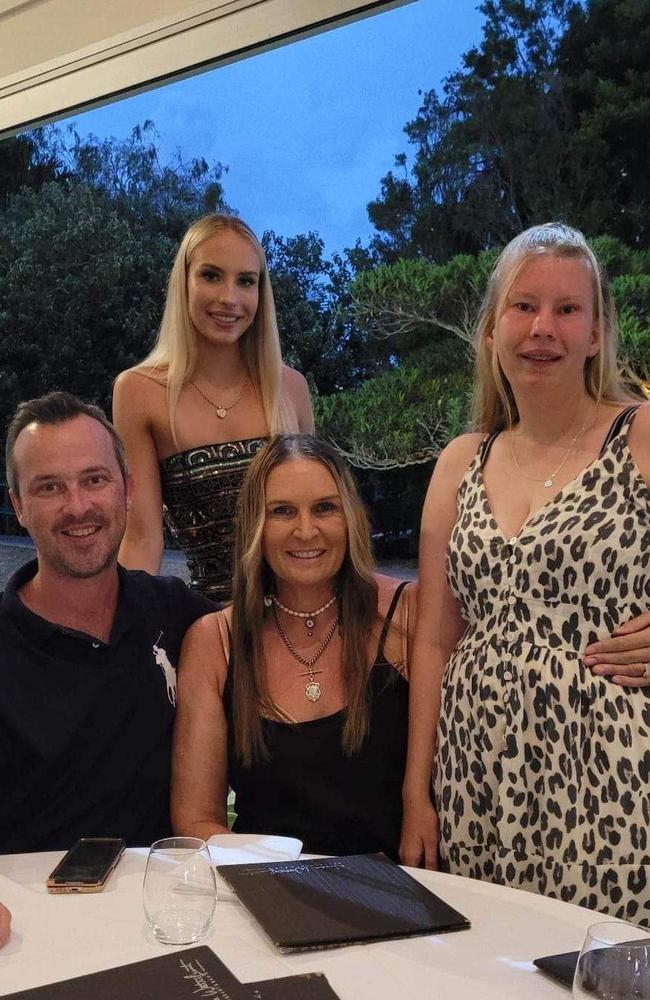
“So communication going into her mind and when she expresses her communication outward, that’s all jumbled to her. So that’s really a big challenge for her to wrap her head around and she gets frustrated.
“And when she gets frustrated that can manifest an outburst. She can hit herself in the forehead, which she does constantly and that’s heartbreaking to see. You can see her tearing herself up inside.”
Susi said that skin picking can also be an issue, for instance Stephanie got a bit sunburnt while on holiday over the summer and it’s now April and she still has a wound.
Stephanie regular attends appoints such as occupational therapy and speech therapy, as well as needing constant oversight by a support worker one-on-one.
“I am resigned to the fact she will need support for the rest of her life in a one-on-one capacity,” Susi said.
But, she wants Steph to have a fulfilling life, where she is doing something she is passionate about such as working with horses, and contributing to society.
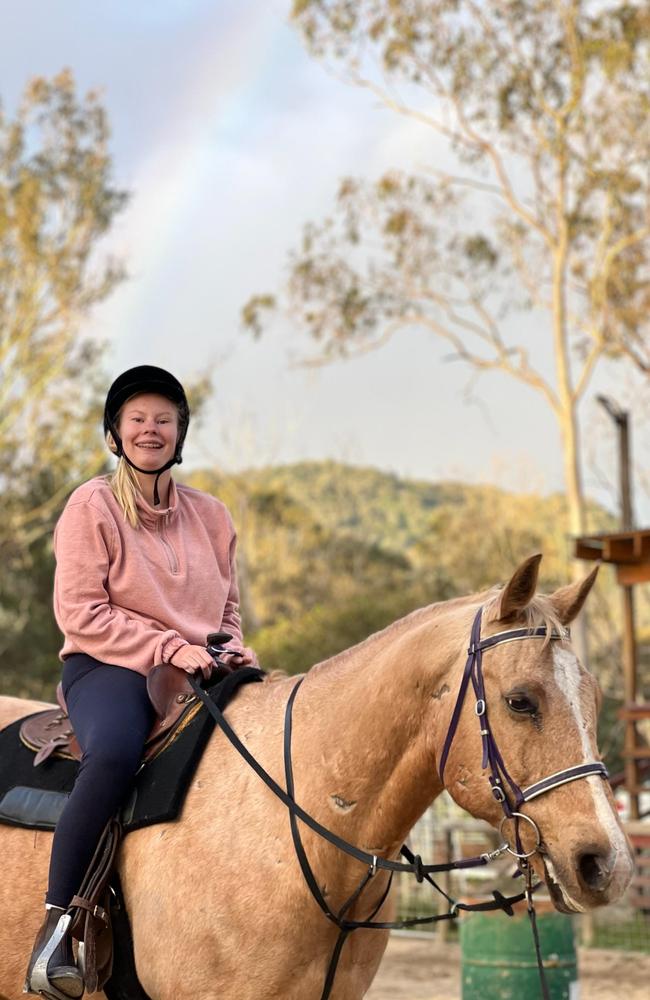
Raising awareness for PWS
Since her daughter’s diagnosis, Susi has been doing all she can to raise awareness and support for those living with Prader-Willi syndrome.
Susi was instrumental in forging the Fortitude Parents Group for parents of special needs children, with the advocacy group raising money in connection with the Garvan Institute for Prader-Willi research.
Now, she runs Liorn Support and Care (a registered NDIS provider) providing services across a range of diasbilities with the organisation tailoring solution for those living with PWS to give them the best possible support through in-home care, community access, short-term accommodation and support co-ordination.
“I am very passionate about the foundation and it’s so important to create this awareness because there are answers out there to unlock the mystery as to why the genes are not working,” she said.
*Surname withheld upon request.
Steph and Susi are sharing their story in support of the Prader-Willi Research Foundation Australia’s ‘Finding 15 walk’ which raises vital funds to improve the lives of people with Prader-Willi syndrome. You can register for the Finding 15 walk here.




